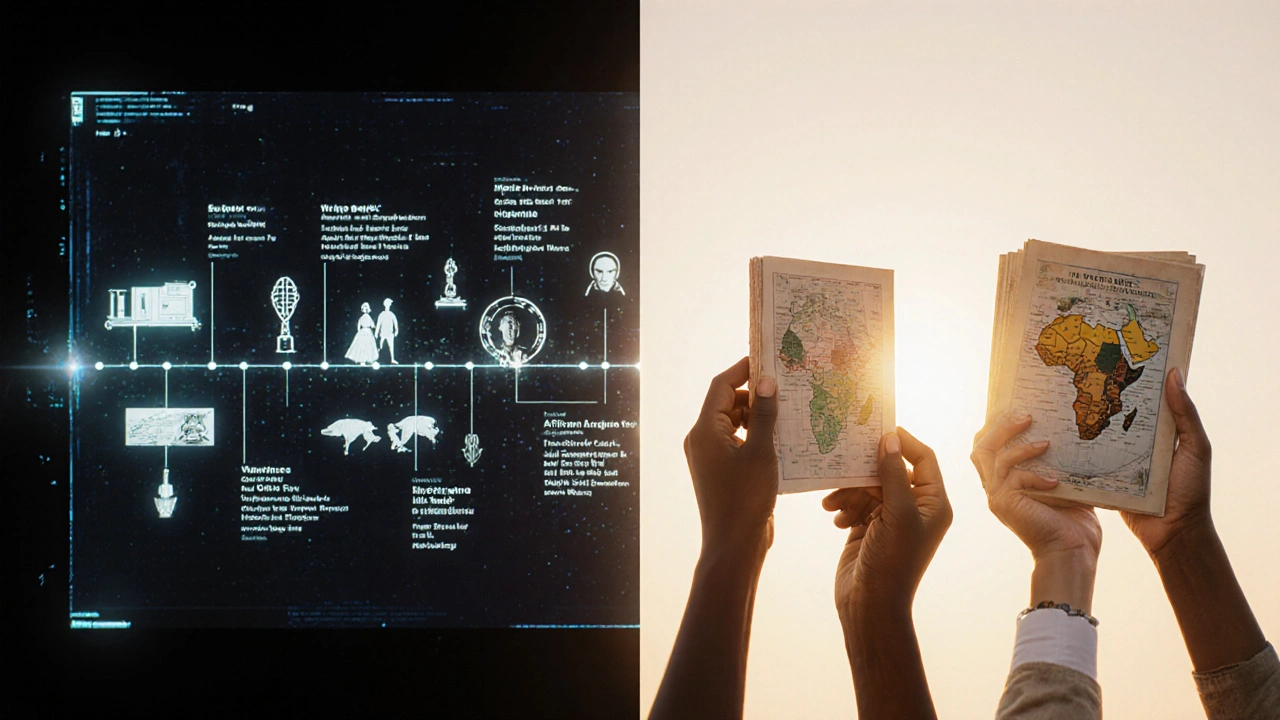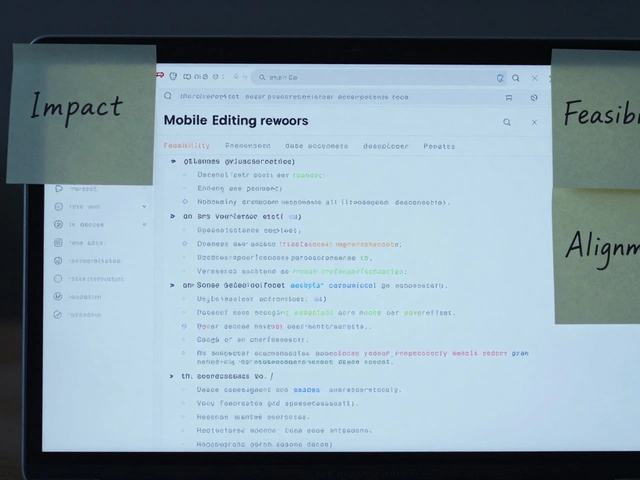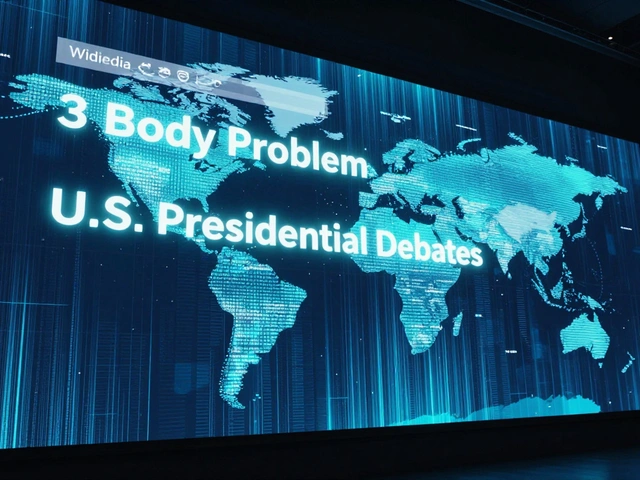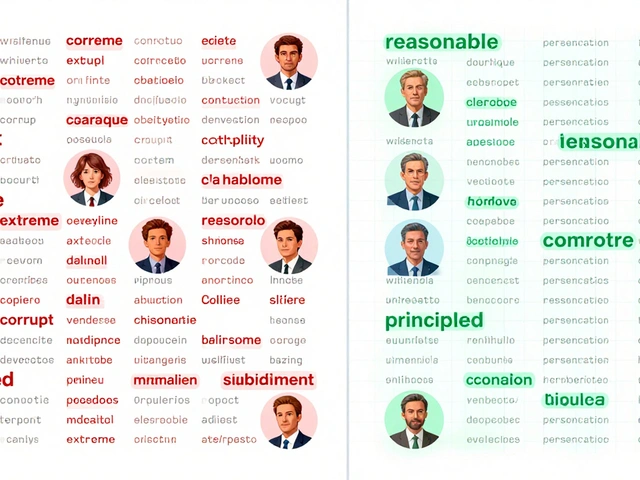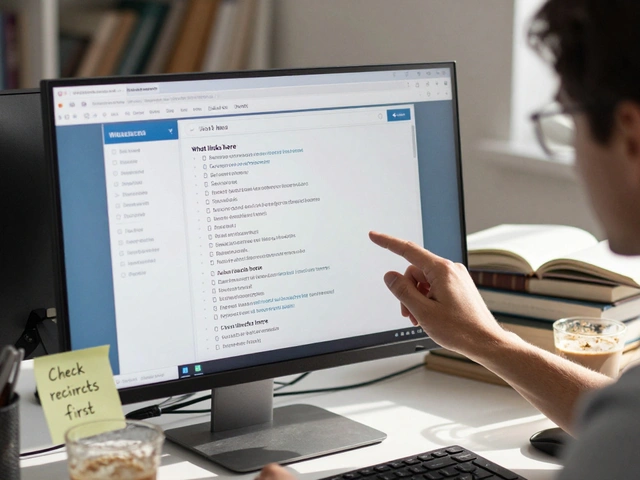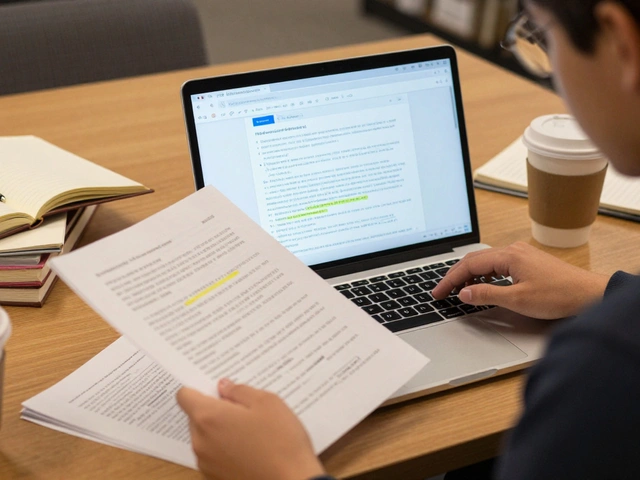Ethical AI on Wikipedia: How AI Shapes Knowledge and Who Controls It
When we talk about ethical AI, the design and use of artificial intelligence systems that respect fairness, transparency, and human rights. Also known as responsible AI, it’s not just about building smarter tools—it’s about making sure those tools don’t rewrite history, silence voices, or favor certain viewpoints over others. On Wikipedia, ethical AI isn’t a theoretical debate. It’s daily work. Bots revert vandalism, flag biased edits, and fix broken links. But behind those automated tasks are real questions: Who trained the AI? What data did it learn from? And who gets to decide what’s "neutral" when an algorithm makes the call?
The Wikimedia Foundation, the nonprofit that supports Wikipedia and its sister projects has been clear: AI shouldn’t replace human judgment—it should support it. That’s why they’ve launched AI literacy, programs that teach editors how to spot, question, and challenge AI-generated content. It’s not about fearing machines. It’s about understanding them. When an AI suggests merging two articles or deleting a page, editors need to know if that suggestion comes from a biased dataset or a flawed rule. The foundation also pushes artificial intelligence ethics, a set of principles demanding that companies using Wikipedia’s data to train AI give credit, respect licenses, and avoid distortion. Too many AI models scrape Wikipedia without permission, then spit out misleading summaries—sometimes erasing entire cultures or misrepresenting marginalized groups.
What you’ll find in these articles isn’t just tech talk. It’s the story of real people—editors, volunteers, developers—trying to keep knowledge open and fair in an age of automation. You’ll see how AI tools help track vandalism, how community feedback shapes policy, and why some editors are fighting to keep human oversight at the center of every decision. This isn’t about stopping progress. It’s about making sure progress doesn’t leave the people behind who built Wikipedia in the first place.
Ethical AI in Knowledge Platforms: How to Stop Bias and Take Back Editorial Control
Ethical AI in knowledge platforms must address bias, ensure editorial control, and prioritize truth over speed. Without human oversight, AI risks erasing marginalized voices and reinforcing harmful stereotypes.
